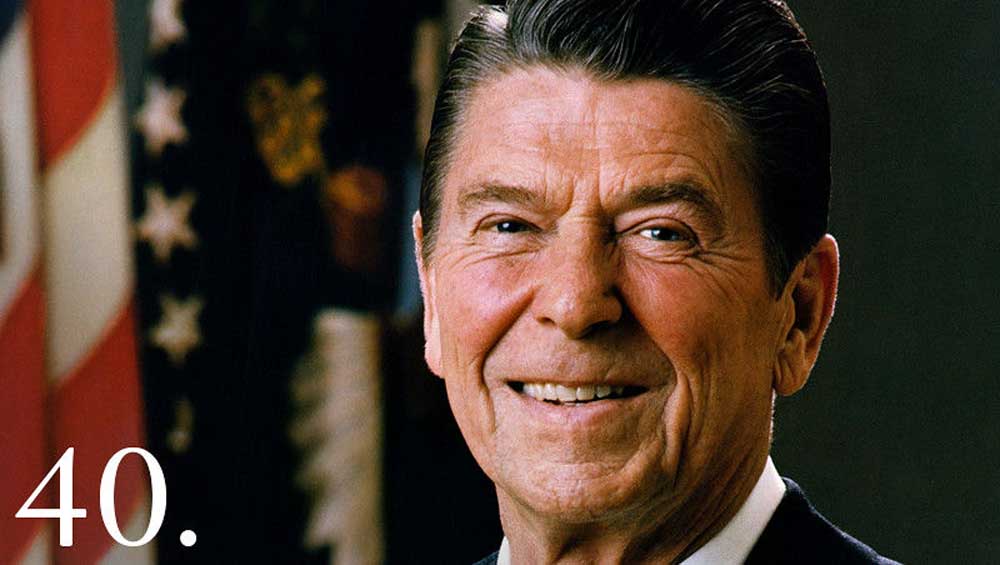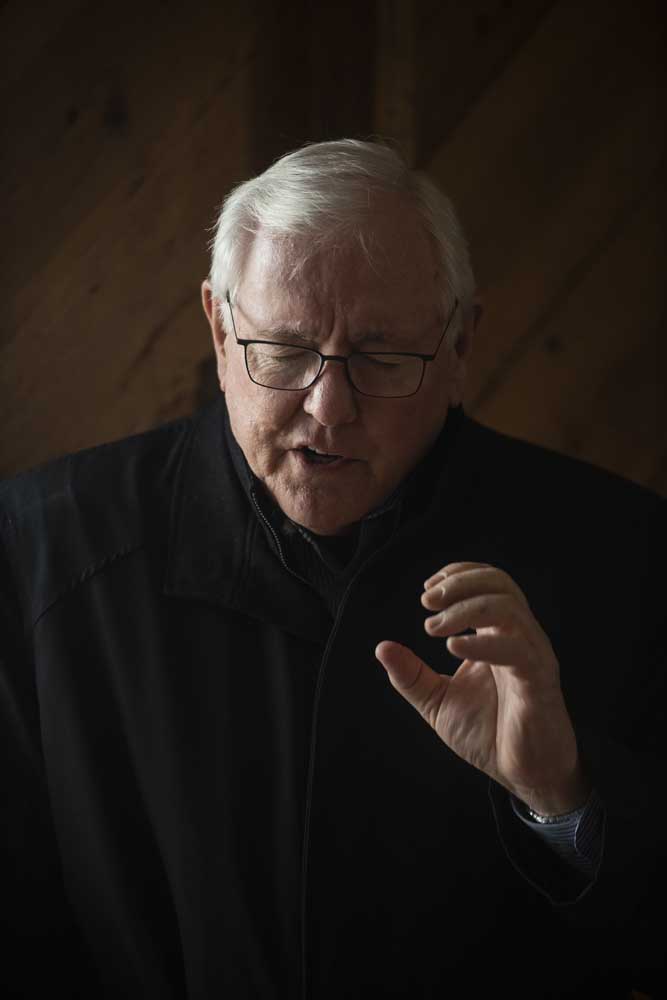Editorial: A statement of principles to start the year
Published 3:45 pm Friday, December 30, 2016

- Ronald Reagan was a staunch conservative -- or more properly, a "classical liberal." Photo: Whitehouse.gov.
It’s a new year, and a new world. What does conservatism mean in a time with Donald Trump in the White House? What does the year hold for the Texas Legislature, as it tackles big problems ranging from public school finance to transportation infrastructure?
With these questions in mind, we’d like to start the year with a statement of principles.
First, the Republican Party may be going through a time of transformation, but the basic tenets of conservatism haven’t changed. Conservatism – or as it’s more properly called, classical liberalism – begins with limited government and economic freedom.
As Ronald Reagan once said, “I hope we once again have reminded people that man is not free unless government is limited. There’s a clear cause and effect here that is as neat and predictable as a law of physics: As government expands, liberty contracts.”
He was right, and it’s in the nature of government to expand. That can happen in great fell swoops, such as when the Democratic Congress passed President Barack Obama’s Affordable Care Act, or incrementally, as when government moves from food labels to soda taxes to outright bans on fast food restaurants in certain areas.
So it’s incumbent on our representatives to actively seek to downsize government, rather than allow it to continue to expand. Some Democrats have complained that President-elect Trump has appointed people to cabinet posts who have in the past expressed a willingness to shut down various departments.
We don’t have a problem with that.
Along with limited government, classical liberalism advocates strong property rights.
“If history could teach us anything, it would be that private property is inextricably linked with civilization,” economist Ludwig von Mises said.
The biggest threat to property rights, at least in America, is taxation. The power to tax property is the power to take it. So property tax increases must be fully explained and justified by the taxing entity. As we have seen in Tyler, voters are savvy. Cities, counties and school districts contemplating bond proposals must enter into the process if not with fear and trembling, then at least with transparency and a willingness to involve the public in the process.
Transparency is another touchstone of classical liberalism. Likewise, accountability is vital for a properly functioning government.
Finally, free trade is a cornerstone of classical liberalism. Here we will likely find ourselves at odds with the protectionist mood of the times. Trade wars benefit no one.
At the same time, we aren’t blind to the problems created by crony capitalism – by government distorting markets and picking winners and losers. Corporate welfare is a destructive force in our society.
The most fundamental test, however, will be freedom. Does a policy proposed or enacted in Washington or Austin increase freedom and opportunity? Or does it decrease those?
And of course government has a role in protecting and helping those in need. But government should not be shielded from the question, “Does that program work?”
These are the lenses we will use in the coming year as we consider the questions of the day.







